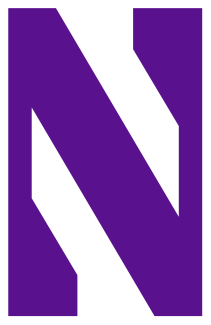Theresa Sherry became a part of history without yet knowing it.
Born in Truckee, Calif., Sherry moved east with her family when she was 3 to lacrosse-rich Baltimore. She tried it once. But then her stick collected dust for years as she focused on soccer and basketball.
Sherry rediscovered lacrosse thanks to coach Wendy Kridel at The Bryn Mawr School, home to the first-ever women’s lacrosse team in the United States. Rosabelle Sinclair, a graduate of the St. Leonards School in Scotland, where the first women’s lacrosse game was played in 1890, brought the sport stateside in 1926.
“[Kridel] really taught me to love the game and how to get better,” Sherry said. “I was a good athlete and I became a good lacrosse player at Bryn Mawr.”
After earning gold with the U.S. U19 women’s national team in 1999 and high school All-American honors in 2000, both under Kridel, Sherry won four straight Ivy League titles at Princeton, plus two NCAA championships in 2002 and 2003. As a senior in 2004, she was the IWLCA Midfielder of the Year.
After graduating, Sherry felt compelled to return to her California roots. She became an assistant at Cal in 2006, and one year later, she was promoted to head coach. Sherry guided the Bears through a turbulent time — the university at one point decided to shut down the women’s lacrosse program before reversing course — and established the BearLax club team.
Sherry left Cal after the 2011 season, but she never left lacrosse. In 2015, it came full circle when she visited the sport’s birthplace as a manager for the U.S. U19 team that won silver in Scotland, which featured the first-ever Team USA player from California, Jackie Gilbert.


























































